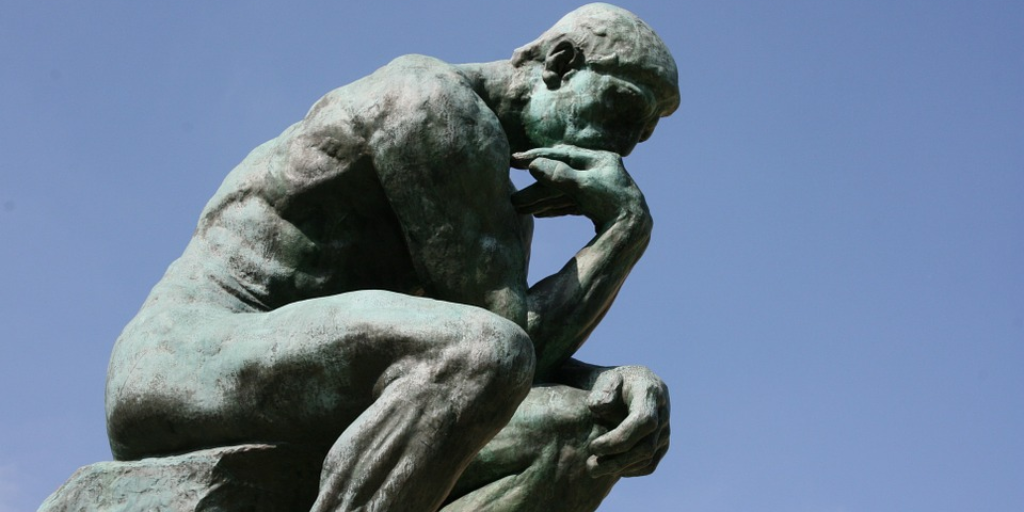“We don’t think ourselves into new ways of living. We live ourselves into new ways of thinking.”
I love this quote from Fr. Richard Rohr, the Franciscan friar who founded the Center for Action and Contemplation in New Mexico. When I first read this sentence a few years ago, I quickly underlined it and wrote it down in my journal. Oddly enough, the quote made me think...in a new way and have come to see the truth behind his statement.
Reflecting on my own life experience, it does not seem that thinking, by itself, is strong enough a catalyst to bring me into new ways of living. Sure, I think I should work out more, but rarely has that gotten me off the couch. More often than not, I have found that I live myself into new ways of thinking.
For instance, living in Chicago, New York City, and London has brought new ways of thinking about the beauty of diversity, the importance of inclusion, the reality of gentrification and income inequality, and the importance of working for the common good.
Living with a family in the slums of Bangkok, Thailand allowed new thinking about Thai culture, the Buddhist religion, incredibly delicious Thai food, and my role and responsibility as a global citizen.
Living with stress has ushered me into new ways of thinking about the benefits of meditation, centering prayer, silence, and solitude for emotional health. Living face-to-face more often than face-to-phone has changed the way I think about needing to use social media and technology. Living into my strengths and successes have given me greater insight about, and graciousness with, my weaknesses and failures. Living and practicing new spiritual rhythms has given me new ways of thinking about the Divine.
Even though I’m a Northerner now living in Virginia, I have yet to live into new ways of thinking about the use of the word “Y'all” though. #sorryNOTsorry
My guess is that if you think over your life, there will be many instances where you lived yourself into a new way of thinking. One of the things I have seen while working in college ministry with young adults is the need for rhythms and practices that allow students to live into new ways of thinking.
Many students (and many of us) lack practices that allow them to respond to the fast-paced, technologically obsessed, and hectic culture in which they find themselves. Many of us are enslaved to our devices, never putting them away, always hoping for the next notification to arrive, and increasingly uncomfortable with being alone. In the fast-paced connected culture in which we live, we crave moments to slow down and disconnect, but simply do not have the resources, rhythms, knowledge, or experience to do so.
Sadly, I see many individuals lack practices of silence and solitude, centering prayer and meditation, and ancient contemplative spiritual practices that have proven to bring personal wholeness and well-being, emotional awareness, and spiritual health and transformation. This has been my journey over the last few years and also why I joined a Transforming Community with the Transforming Center.
One of the exciting projects I have the privilege of working on is a new opportunity for students to live into new ways of thinking through our campus’ Spiritual Wellness and Mindfulness Residential Learning Community.
In partnership with Residence Life, this community will allow students the opportunity to explore personal and spiritual rhythms that can decrease stress and anxiety, increase the ability to have a well-balanced life, learn self-care patterns, develop healthy technological and social media use, and experience communal support and accountability by peers and staff.
Through practices such as yoga, meditation, centering prayer, and other ancient spiritual rhythms, our hope is that students will live themselves into new ways of thinking about developing self-care, maintaining balance, increasing spiritual engagement, using technology, and discovering community and accountability.
I look forward to learning how these students will live themselves into new ways of thinking. And my hope is that we all continue to live ourselves into new ways of thinking for the benefit of our souls and for the good of our neighbors.

